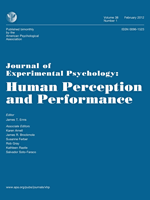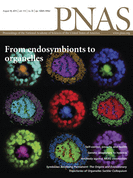[Note: This post has been updated with new information about the author’s resignation.]
Following criticisms of a 2015 paper which proposed attacks on scholars who question the government’s handling of the war on terror, the author has resigned from his post at the U.S. Military Academy at West Point, New York.
The nearly 200-page paper, “Trahison des Professeurs: The Critical Law of Armed Conflict Academy as an Islamist Fifth Column,” appeared in the National Security Law Journal of George Mason University School of Law, in Virginia. It was written by William C. Bradford, who is a somewhat controversial figure.
In the paper, Bradford, assistant professor at the United States Military Academy, criticizes U.S. academics who specialize in armed conflict and claim “that the Islamist jihad is a response to valid grievances against U.S. foreign policy”: Continue reading Updated: Author resigns from West Point following paper legitimizing attacks on scholars who question terror tactics








